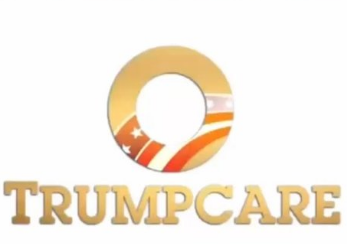On Thursday, the same day that 15 Republican US Senators unveiled a secret proposal to modify federal health care taxes, legislators in New Jersey filed a bill to nullify the effects of that possible change. The bill is known as the “TrumpCare Nullification Act” by creating the New Jersey Affordable Health Care Fund. Details are listed in this Insider NJ article.
The New Jersey Affordable Health Care Fund is designed to add a state tax on the wealthy in the amount of repealed federal taxes that would be saved. The money would then be allocated to those low income individuals who would lose health coverage under the cutbacks to Medicaid under the federal plan.
The key to understanding TrumpCare is to recognize that it really is not a health care reform plan. It is a tax reallocation plan. It cuts taxes for the wealthy and makes up for the loss of tax revenue by cutting Medicaid funding for the poor. I covered five key provisions of the Republican Senate bill in a blog post yesterday.
New Jersey’s proposal is a simple and direct plan to address the negative effects of TrumpCare here in New Jersey. NJ.com estimates that the number of people would double in the congressional district of Tom MacArthur, one of the few New Jersey congressmen who support the Republican proposals. As of yesterday, my own Republican Congressman Frank LoBiondo was still leaning toward a “no” vote and both New Jersey Senators oppose the Republican proposals.
New Jersey and other coastal states are likely to continue to move apart from the federal government on key issues like taxes, health care, immigration and human rights. Health care taxes could be the first battle line actually tested.
Representative Holly, one of the bill’s sponsors wrote “Contrary to President Trump and Republican members of Congress, New Jersey residents believe that health care should not be regarded as a luxury in this country. Our state cannot – and will not – allow irresponsible decisions at the federal level to cause its most vulnerable residents to lose access to high-quality, affordable health care.”


Leave a Reply